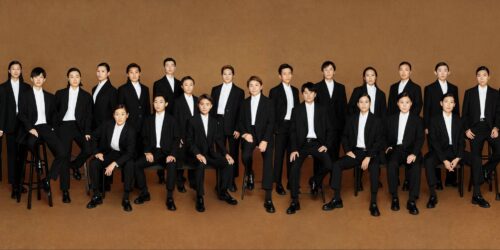Han Xu selected by New York Liberty 14th overall, first Chinese player drafted to WNBA since 1997

The China Sports Column is a The China Project weekly feature in which China Sports Insider Mark Dreyer looks at the week that was in the China sports world.
It was a big week for Chinese basketball, as center Han Xu 韩旭 became the first Chinese woman drafted by the WNBA since 1997, the year the league began.
Han was taken with the second pick of the second round (14th overall), and will join the New York Liberty, now owned by Alibaba executive Joe Tsai, who also co-owns the NBA’s Brooklyn Nets.
Standing at 6-foot-9, the 19-year-old from Shijiazhuang, Hebei Province will immediately become the tallest player on the Liberty roster by some margin. She will be leaving the wonderfully-named Xinjiang Magic Deer of the WCBA, where she has played for the past two years.
Tsai later compared her signing to China’s two biggest NBA stars of years past, saying, “Han Xu’s joining is like Yao Ming and Yi Jianlian.”
Han also becomes the first graduate of the NBA Academies program to be drafted in either the NBA or the WNBA, having spent 2017 at the NBA Academy in Shandong.
Fans of the 2018 FIBA Women’s World Cup may also remember Han’s performance against the U.S., as she led her team with 20 points in a losing cause, 100-88, against the eventual champions. “It was like a dream,” she said about her performance in the post-game interview.
Li Yueru of the WCBA’s Guangdong Vermillion Birds was also drafted — she went second-to-last (35th overall) to the Atlanta Dream.
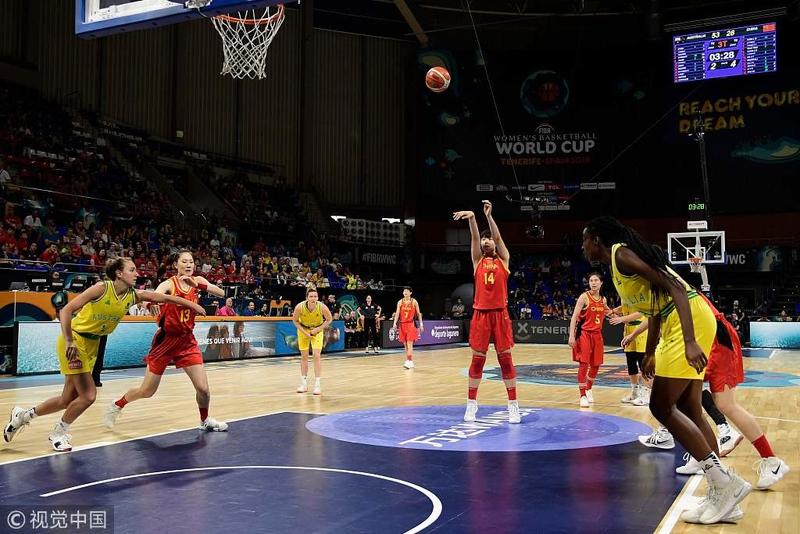
The two of them have pretty large shoes to fill in the WNBA. The last Chinese player to be chosen in the draft was Zheng Haixia 郑海霞, who, after retiring from the Chinese national team — with whom she won Olympic medals in 1984 and 1992 — played a couple of years with the Los Angeles Sparks.
While there, she won the inaugural Kim Perrot Sportsmanship Award, awarded to the player who most “exemplifies the ideals of sportsmanship on the court — ethical behavior, fair play and integrity.”
She also led the league in field goal percentage at 61.8%.
If Han (or Li) can develop into half the player that Zheng was, China will have another gem on its hands.
~
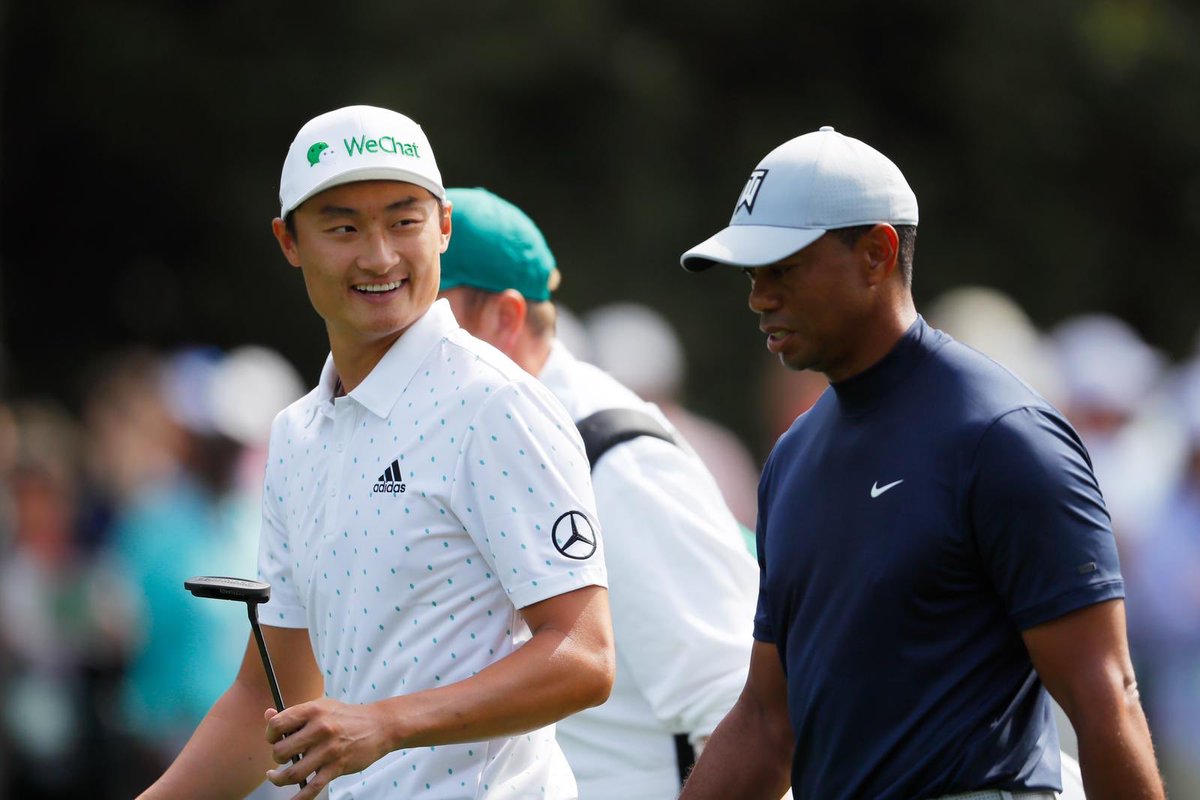
Tiger Woods is still the biggest draw in golf, so it was a pretty big deal when China’s Li Haotong 李昊桐 was playing alongside him for the first two rounds of The Masters at Augusta this week.
And while Li, the world No. 39, has made the cut after rounds of 72 and 74 to stand at 2-over-par, he wasn’t able to truly feed off his two playing partners, with Tiger now one shot off the lead on -6 and Spaniard Jon Rahm one shot further back.
Li has played some solid golf over the past few months, with four top-10 finishes in his last dozen tournaments, but there’s also been a fair bit of inconsistency there, with two missed cuts and a distant 52nd-place finish in recent weeks.
It all started very well indeed for him in Thursday’s opening round at Augusta, with Li 2-under after eight holes — two shots better than both Woods and Rahm — but a fade on the back nine and a disappointing second round has him highly unlikely to make a charge for the top of the leaderboard.
Still, after two rounds with Tiger, WeChat will be happy.
Really enjoyed playing for the first time with @TigerWoods and @JonRahmpga #TheMasters pic.twitter.com/RdnGB0Dbfs
— Haotong Li (@haotong_li) April 11, 2019
~
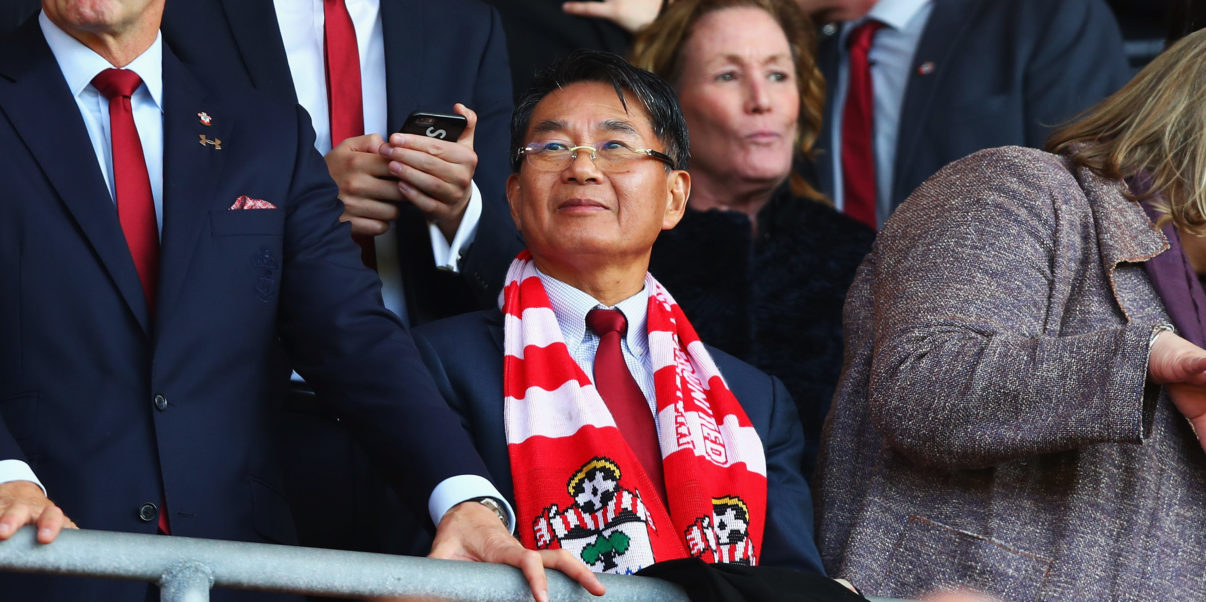
The Financial Times ran a story this week questioning whether the Chinese government now has a stake in English Premier League (EPL) club Southampton, after owner Gao Jisheng appeared to sell his controlling stake in the club’s official ownership entity to the state-owned Chengdu Assets Supervision and Administration Commission.
In short, the situation is a mess.
The EPL never wanted Gao anywhere near their league when he first expressed interest, due to a bribery case where he was caught paying to win state contracts (in return for immunity, he became a witness for the prosecution, with his resulting testimony leading to the execution of two officials).
Effectively, he escaped the league’s “Fit and Proper” test on a technicality due to the fact that he wasn’t convicted of anything because of the deal he had struck.
In typical Chinese business style, Gao has since set up a number of companies both in China and in the UK, through which his ownership has been funneled, and it’s thought the EPL is now trying to figure out which vehicle currently owns the club and who controls that vehicle.
Fearless prediction: they won’t get to the bottom of it and Gao will still pull the strings.
~
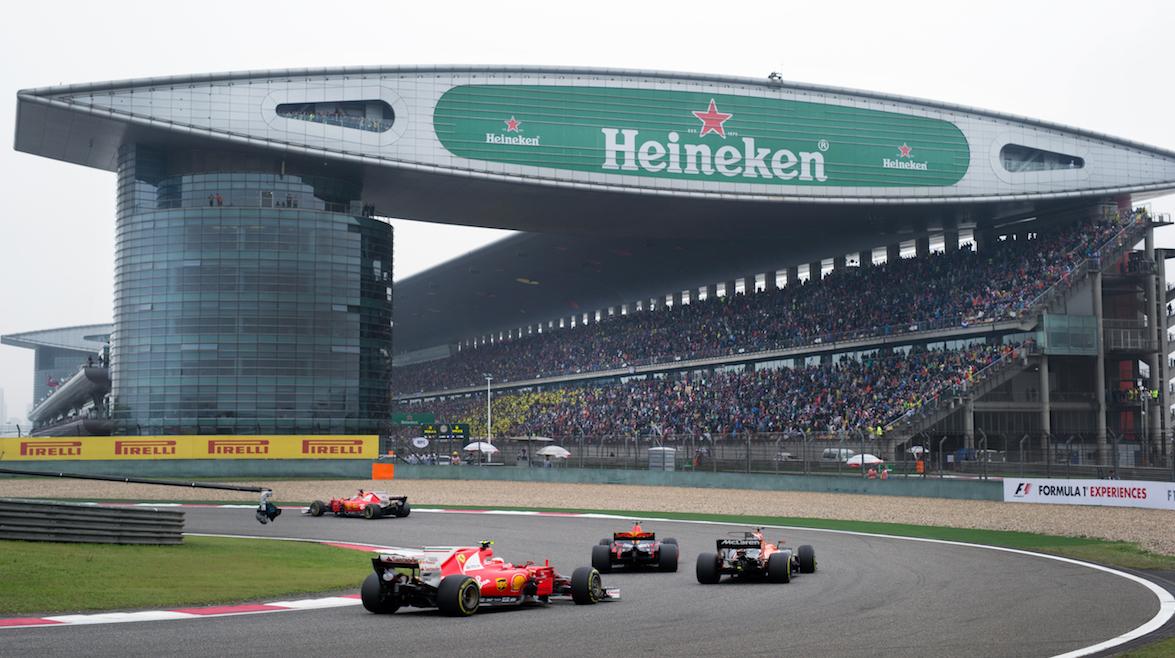
Formula 1 is back in Shanghai this weekend for a very special occasion — the 1,000th race in Grand Prix history. These things don’t happen by accident; F1 organizers deliberately decided to stick with the Chinese date on the calendar rather than host the historic race at one of the iconic tracks in Europe, the spiritual home of the series.
@danielricciardo’s special helmet for Formula 1 race 1000 in China.
.
A tribute to Sir Jack Brabham, the first Australian GP winner and (three-time) world champion. Still the only driver to win the F1 championship (in 1966) driving one of his own cars.#Arai pic.twitter.com/ViZTZ6ifFB— 𝙅𝙚𝙣𝙨 𝙈𝙪𝙣𝙨𝙚𝙧 𝘿𝙚𝙨𝙞𝙜𝙣𝙨 (@JMD_helmets) April 11, 2019
And the race itself could see some surprises, too.
Briton Lewis Hamilton has won four of the past five World Championship titles, and has won the Shanghai race a record five times, but this year’s trip to China hasn’t been going to plan.
“I’m just focusing on trying to figure out what the hell is going on with my car,” Hamilton said, after being seven-tenths of a second — an age in F1 — behind his teammate Valtteri Bottas on Friday .
Saturday was much better, but Bottas, who leads Hamilton in this year’s championship by one point, still edged his teammate by two-hundredths of a second to take pole position for Sunday’s race.
But each year the glamorous race comes to Shanghai — as it has done since 2004 — there’s also a little soul-searching in the media about when we might see more Chinese participation on the track.
Chinese driver Ma Qinghua appeared in a handful of practice sessions in 2012 and 2013, Hong Kong’s Adderly Fong was named as a test driver for the Lotus team, and teenager Zhou Guanyu this year joined the Renault Sport Academy as a development driver.
But we’re still not that close to having a genuine Chinese talent in the F1 paddock on merit.
There are, of course, other ways to get a seat in Formula 1 — namely sponsorship — with several drivers over the years clearly not up to scratch behind the wheel but still in the car due to the revenue their financial backers bring to the team.
With the number of large Chinese corporate entities, it’s perhaps surprising that none of them have chosen to pursue this route, given the huge amount of international prestige that Formula 1 enjoys.
Instead, we’ve seen Formula E — the electric series sanctioned by the FIA — garner a lot more support from Chinese entities, with three of the current teams underwritten by Chinese money.
It’s a route that makes more sense domestically, due to the government’s support toward a cleaner environment, so F1 needs to watch out if it doesn’t want to be overtaken by its sister series in this part of the world.
Either way, though, don’t expect to see a Chinese race driver enter F1 anytime soon.
The China Sports Column runs every week on The China Project. Follow Mark Dreyer @DreyerChina.





